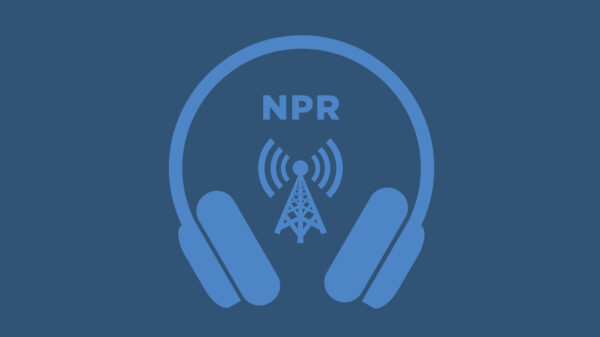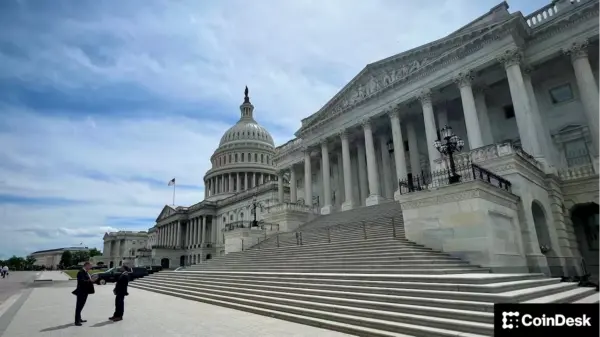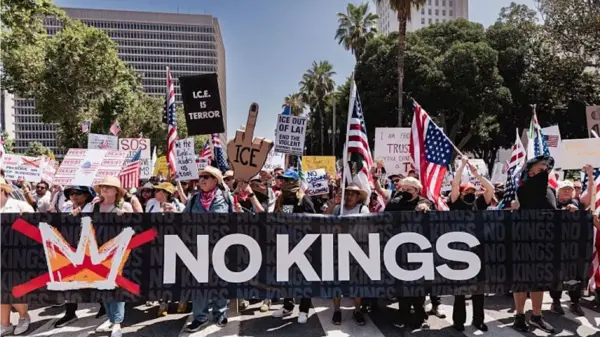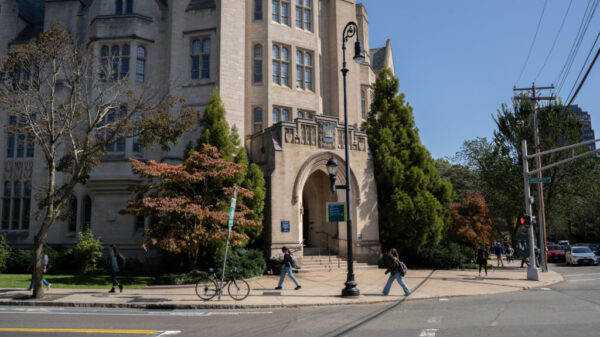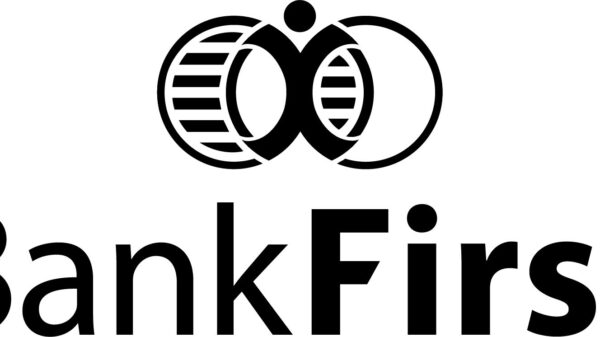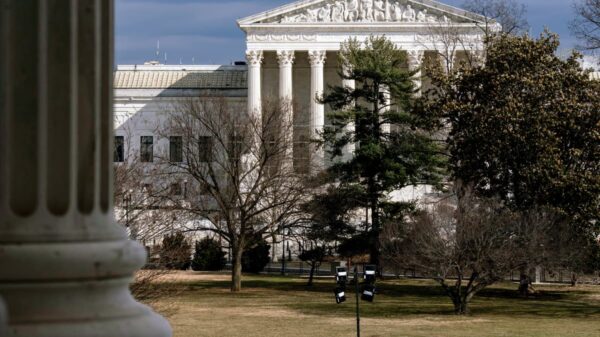Yale University reported a significant increase in its federal lobbying expenditures during the third quarter of 2025, spending a total of $370,000. This figure marks its highest quarterly total for the year and reflects an increase from the $320,000 spent in the previous quarter. According to federal disclosures filed on Monday, Yale’s cumulative lobbying expenses for 2025 now stand at $890,000, indicating a growing commitment to influence legislative matters as the university faces potential threats to its endowment and research funding.
In comparison to its Ivy League counterparts, Yale outspent all but Brown University in the third quarter, leading the pack among the other prestigious institutions. Following Yale were Columbia University at $290,000, Cornell University at $240,000, Harvard University at $220,000, the University of Pennsylvania at $200,000, and Princeton University at $160,000. Dartmouth College reported $80,000, while Brown’s lobbying expenditures had yet to be made public.
Yale’s lobbying activities have aimed at engaging legislators from both sides of the political spectrum to communicate the university’s impact on higher education and its broader societal contributions. Richard Jacob, the associate vice president for federal and state relations, stated, “The university works to communicate higher education’s impact and Yale’s mission and priorities to legislators on both sides of the aisle.”
The lobbying efforts have primarily targeted legislation concerning taxes, student financial aid, and federal research funding. Notable among these initiatives is the Republican-backed “One Big Beautiful Bill,” which proposes to increase the tax on endowment investment returns from 1.4% to 8% for Yale and similar institutions.
Yale has also ramped up its engagement with government officials, establishing a new office in Washington, D.C., and arranging more meetings for its president with key figures in the government. The university retained the services of Akin Gump Strauss Hauer & Feld during the third quarter to lobby on issues related to the endowment tax and free speech, engaging with members of the U.S. House of Representatives, Senate, and the White House.
Zach Deatherage, a policy advisor with Akin Gump and former legislative director for Republican Representative Elise Stefanik, lobbied for Yale this quarter. Stefanik had previously criticized Yale’s handling of a protest involving pro-Palestinian students, highlighting the complexities of the university’s interactions with lawmakers.
In addition, Yale continued its partnership with Brownstein Hyatt Farber Schreck, which focused on higher education issues. Lobbyists from this firm included Evan Corcoran, a former personal attorney to Donald Trump, and veteran Republican lobbyist Marc Lampkin.
Yale’s lobbying efforts addressed eight different bills, including the “National Defense Authorization Act for Fiscal Year 2026,” which has implications for university research funding. The university also engaged with the “Student Compensation and Opportunity through Rights and Endorsements (SCORE) Act,” which relates to name, image, and likeness rights for student athletes. Jacob clarified that Yale has not taken a formal position on the SCORE Act, instead using the opportunity to outline its approach to college athletics.
Looking ahead, Yale’s fourth-quarter lobbying report, covering activities from October 1 to December 31, 2025, is scheduled for release on January 20, 2026. As Yale continues to navigate the complexities of federal policy, its proactive approach to lobbying underscores the institution’s commitment to safeguarding its interests and advocating for the future of higher education.





